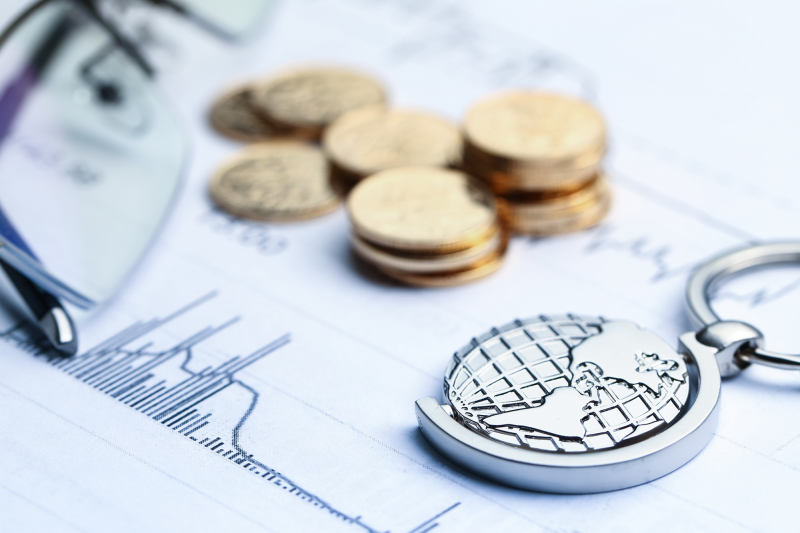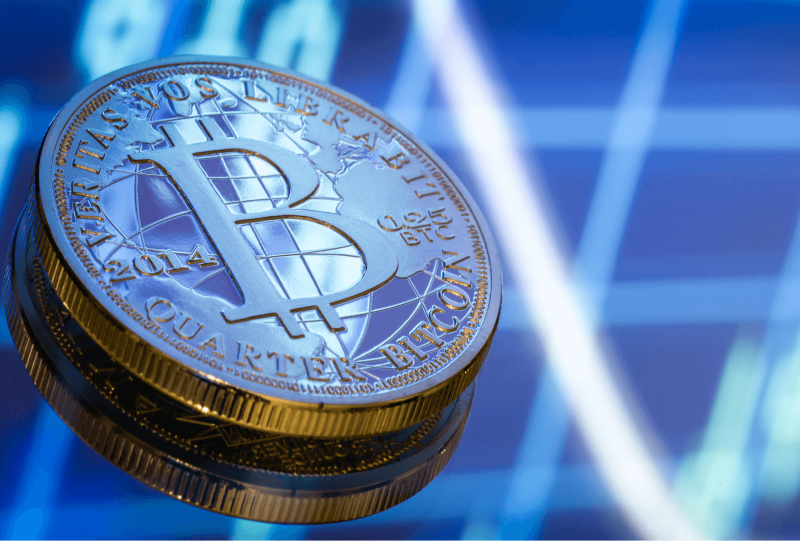Morning Brief: From Gasoline, Gas, NFT to Alibaba: What is Happening in the World so Far
Apr 06, 2022

U.S. Lawmakers Slam Big Oil for High Gasoline Prices
On Wednesday, oil executives testified in front of the United States Congress, defending themselves against accusations by politicians that they are exploiting Americans with high fuel costs, claiming that they are increasing energy output and that no one firm determines the price of gasoline.
They wanted to know why gasoline prices remained high despite a decline in crude oil prices.
Gasoline prices in the United States have risen since Russia's invasion of Ukraine in February, and after Western countries imposed sanctions on Moscow's energy exports.
Pump prices touched a pre-inflation high of $4.33 per gallon on March 11, but have since fallen almost 4% to $4.16 per gallon, according to the AAA motorist association.
Sanctions imposed by Washington on Moscow include a prohibition on Russian energy imports.
According to Biden, increasing fuel costs are a result of Russia's invasion.
He pushed oil corporations last week to increase output and serve American households rather than investors, and he announced a record release of crude oil from strategic reserves. Continue Reading
Coinbase’s Big Bet on NFTs Comes at a Terrible Time
Last year, non-fungible tokens, or NFTs, grabbed the globe by storm as investors witnessed a revolutionary sort of digital asset — typically artwork — changing hands for hundreds of thousands, if not millions, of dollars.
Coinbase Global's (COIN) entry into the industry appears to be a natural progression. Coinbase, with its famous brand and stable user base, appears set to swoop in on OpenSea, the privately held, leading NFT exchange, and take a piece of the trade in Bored Apes, CryptoPunks, and other cultural icons. On Oct. 12, last year, Coinbase welcomed consumers to join a waitlist for its NFT debut, little over a month after the NFT boom peaked with daily sales of more than $400 million at the end of August.
From then, things went downhill: by the end of March, daily sales were closer to $30 million. And there are several indications that the market for digital collectibles is cooling. According to a team led by Dan Dolev at Mizuho, interest in NFTs peaked in January, as assessed by Google search patterns. A lack of interest in NFTs might put a damper on Coinbase's ambitious plans for NFTs, necessitating large expenditures. Continue Reading
Breaking Ranks with EU, Hungary Says Ready to Pay for Russian Gas in Roubles
Hungary announced on Wednesday that it is willing to pay roubles for Russian gas, breaking with the European Union, which has sought a united front in resisting Moscow's demand for payment in the currency. If Russia requests it, Hungary would pay for exports in roubles, Prime Minister Viktor Orban said at a press conference on Wednesday in response to a Reuters question.
According to a spokesperson, the European Commission does not comment on national authorities' assertions. Hungary is one of only a few EU member nations that have refused to impose energy restrictions on Moscow in reaction to the invasion, which Russia describes as a "special military operation." Orban, whose administration has sought tight commercial contacts with Moscow for more than a decade, was elected for a fourth straight term in elections on Sunday, largely on a promise to ensure the security of Hungarian homes' gas supply.
While Putin's demand has raised eyebrows in many European capitals, the continent's governments, which rely on Russia for more than a third of their gas on average, are debating the problem with energy corporations. Slovakia indicated on Monday that it will move in lockstep with the EU, but Poland's largest gas provider, PGNiG, has maintained that its original deal with Gazprom, which ends at the end of this year, is obligatory on both sides. Continue Reading
China’s Covid-19 Lockdowns Could Crimp Alibaba Earnings
Alibaba Group Holding fell on Wednesday after Citigroup issued a warning about the continuous disruption caused by the Covid-19 virus. During the session, it was one of numerous factors impacting on the stock and its rivals.
Analyst Alicia Yap maintained her Buy recommendation on Alibaba (BABA), but reduced her price objective from $200 to $177. In recent trade, Alibaba shares slid 4.1 percent to $106.50, as increasing bond rates, fears about stricter US monetary policy, and Covid-19 lockdowns in China weighed on shares of Chinese technology companies.
The action comes as escalating Covid case numbers have prompted China, which has opted to adopt a zero-Covid strategy, to shut off more locations, including Shanghai. This has resulted in the most extensive wave of quarantines since the initial epidemic rocked the country more than two years ago. According to Yap, this has certainly harmed general economic activity in China, resulting in decreased profit growth for Alibaba in the fourth quarter—a pattern that might continue into fiscal 2023. Continue Reading
U.S. Levies Sanctions on Two Major Russian Banks
As sanctions for the invasion of Ukraine, the United States blacklisted two of Russia's largest banks, as well as more of President Vladimir Putin's close family and associates.
Sberbank, Russia's largest financial institution, and Alfa Bank, the country's largest private bank, will be completely shut down. Putin's adult children, as well as Russia's foreign minister's wife and daughter, were also sanctioned.
On Tuesday, Russia announced that foreign banks had refused to handle $649.2 million in government bond coupon payments. It made payments in rubles to its National Settlement Depository and said that the occurrence was not a default. Continue Reading




